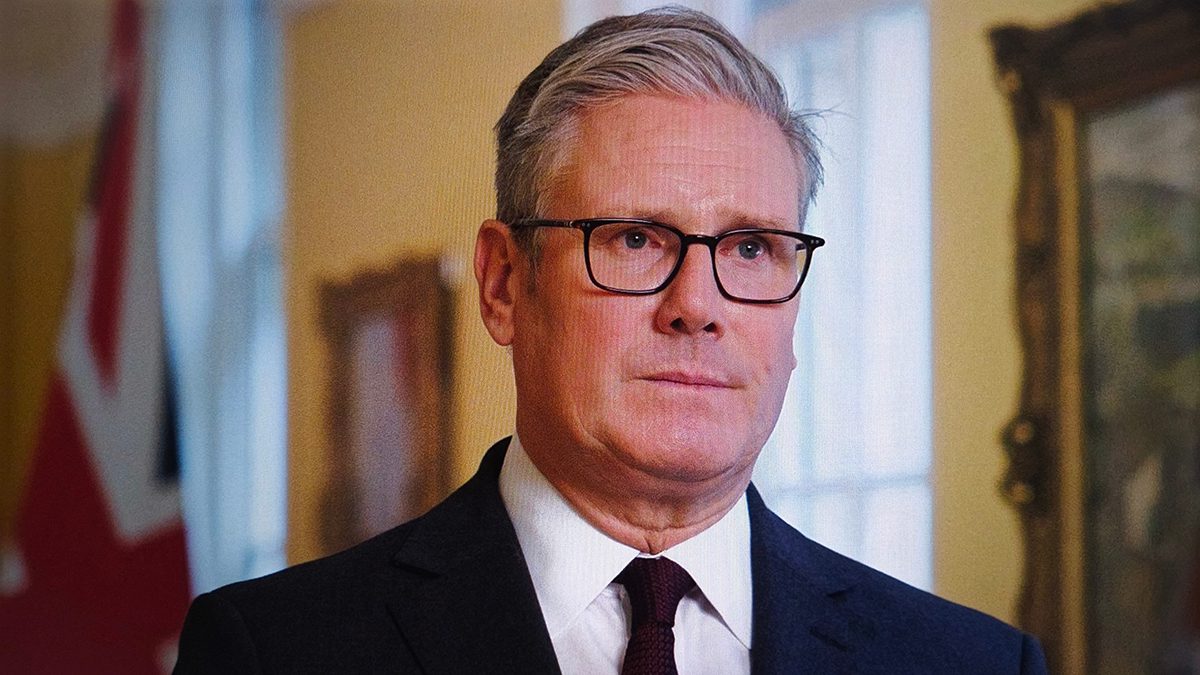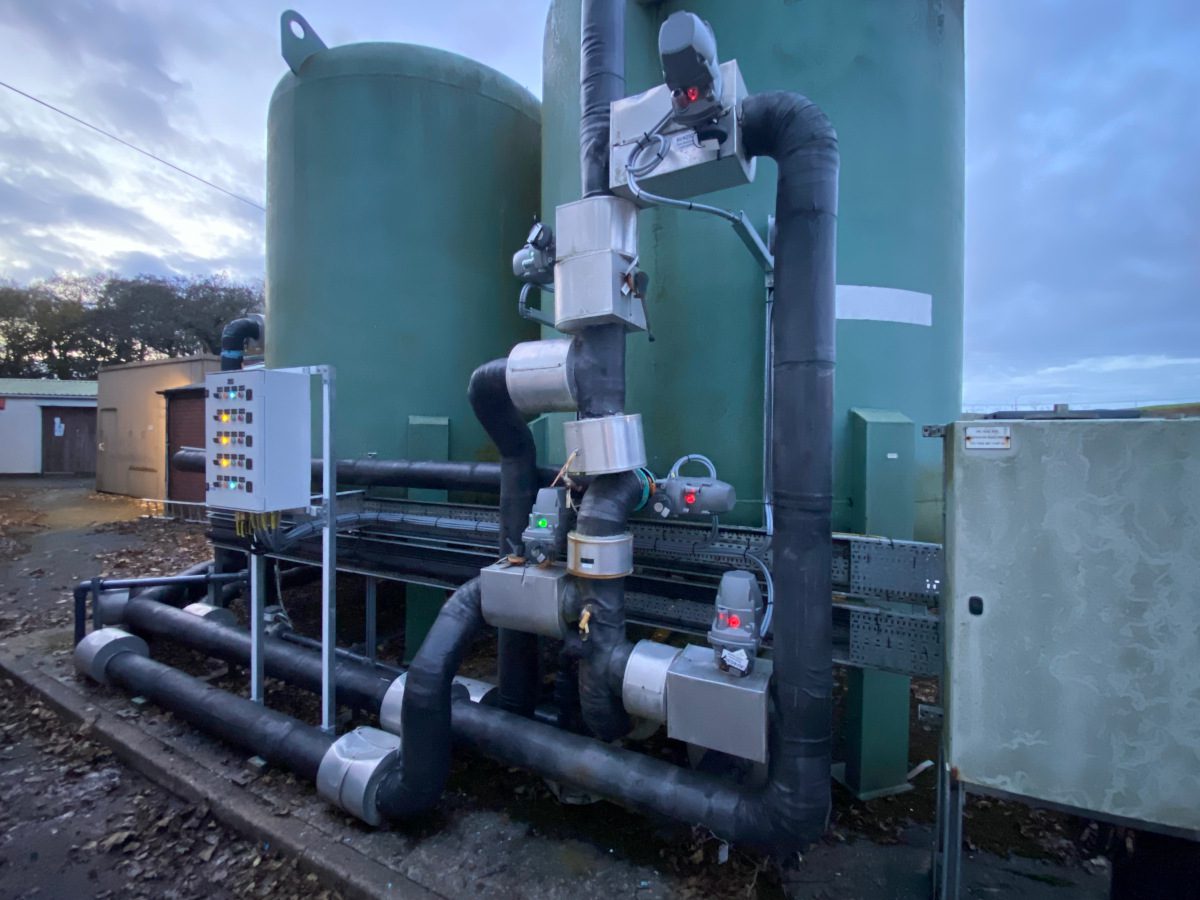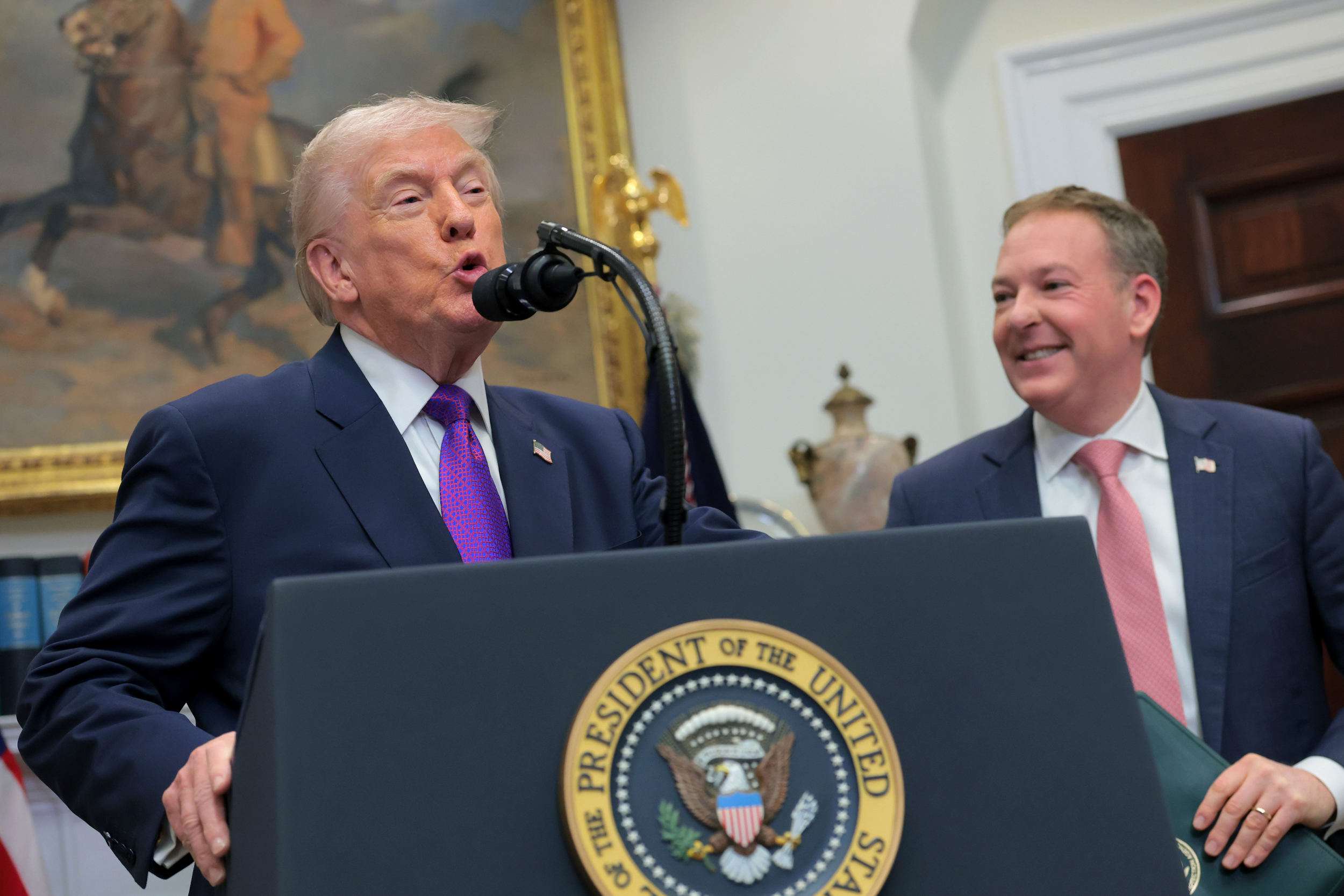Bristol-based beer importer Budweiser Budvar UK has contributed more than £400,000 to a national environmental charity after failing to register as a producer of packaging.
According to the Environment Agency, the company should have registered in 2004 under regulations on packaging waste and taken steps to ensure the waste was recovered and recycled. An investigation two years ago found that the company had failed to do so, and the agency said the company claimed it had been unaware of the regulations until it stepped in.
Following the investigation, the company has now contributed £414,003.54 to Keep Britain Tidy for use in their Great British Spring Clean campaign. The sum was paid as part of a reactive Enforcement Undertaking – a legal agreement between the Environment Agency and an offender as an alternative action to prosecution or other monetary penalty.
The payment was agreed as the amount saved by the company in not recycling or recovering packaging waste, plus a penalty of 30 per cent. In addition, it has covered the Environment Agency’s costs.
Jake Richardson of the Environment Agency said: “It’s important that businesses take responsibility for the packaging that they place on the UK market. The Producer Responsibility Obligations (Packaging Waste) Regulations ensure that businesses such as Budweiser Budvar UK Ltd contribute towards the cost of recycling the packaging that they add to the UK waste-stream.
“In this case, we investigated and found they had failed to comply with the regulations and had consequently not paid its rightful share towards the recycling of its packaging. When the company realised this, it wanted to do the right thing and so it submitted an Enforcement Undertaking offer, which ensured that all avoided recycling costs were donated to a project that will enhance, restore and protect England’s natural environment.
“Budweiser Budvar UK Ltd is now fully compliant with the Packaging Regulations and has put processes in place to ensure continued compliance in the future.
“Enforcement Undertakings, when appropriate, allow a better resolution for the environment than a prosecution and help offenders who are prepared to take responsibility for their actions to put things right voluntarily, in a way that directly benefits the environment and local communities.”

















